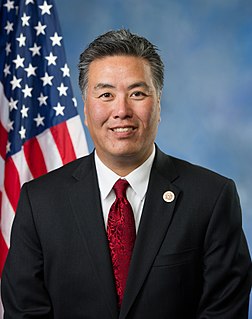A Quote by Daniel Radcliffe
There are two types of poets: People who write poetically about their lives, and poets that live poetically and write about it.
Related Quotes
Poetry, as odd as it is, and as hard to figure out as it is, many times, it's almost something that we're used to. It's kind of like a dream language that we had centuries ago, so that when we speak poetically or write a poem about what's going on, a real difficult issue that's facing our communities, people listen.
Poets seem to write more easily about love than prose writers. For a start, they own that flexible ‘I’…. Then again, poets seem able to turn bad love – selfish, shitty love – into good love poetry. Prose writers lack this power of admirable, dishonest transformation. We can only turn bad love into prose about bad love. So we are envious (and slightly distrustful) when poets talk to us of love.
I'm not going to tell people how to write, but we do have a skill set, and the more we put ourselves out into the world as poets, as a sort of poet of the tribe, as representatives of metaphor, and try to claim space for metaphor in the inner life, that's going to be important and be helpful to poetry and bring a tension for poets writing about whatever they choose.
Most poets, most good poets even, no longer have the heart to write about what is most terrible in the world of the present: the bombs waiting beside the rockets, the hundreds of millions staring into the temporary shelter of their television sets, the decline of the West that seems less a decline than the fall preceding an explosion.

































